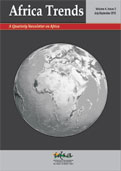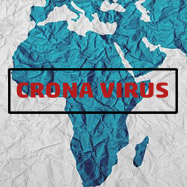Mali: Growing Trend of Violence Against UN Peacekeepers
The growing trend of attacks on international entities besides the government units and civilians in Mali is an issue of serious concern. The complex security situation in Mali and high fatalities of peacekeepers has led to MINUSMA being perceived as the most dangerous UN Peacekeeping mission.
- Sindhu Dinesh
- October 25, 2021









